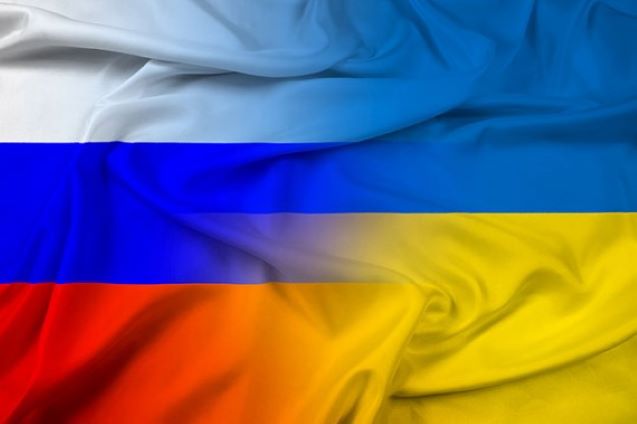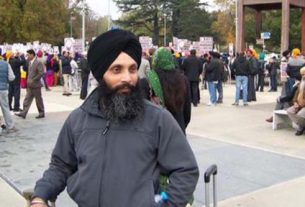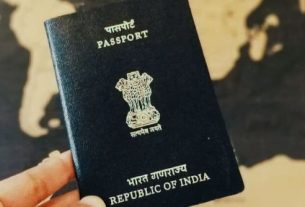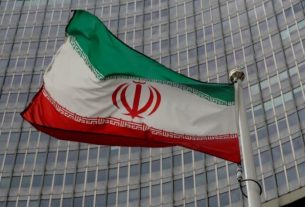ZURICH/KYIV (Reuters): World leaders will join Ukraine’s President Volodymyr Zelensky at a summit this weekend to explore ways of ending the deadliest conflict in Europe since World War Two, but Russia isn’t invited and the event will fall short of Kyiv’s aim of isolating Moscow.
US Vice President Kamala Harris, French President Emmanuel Macron and the leaders of Germany, Italy, Britain, Canada and Japan are among those set to attend the June 15-16 meeting at the Swiss mountaintop resort of Buergenstock.
India, which has helped Moscow survive the shock of economic sanctions, is expected to send a delegation. Turkiye and Hungary, which similarly maintain cordial ties with Russia, will be represented by their foreign ministers.
But despite months of intense Ukrainian lobbying, some others will not be there, most notably China, a key consumer of Russian oil and supplier of goods that help Moscow maintain its manufacturing base.
“This meeting is already a result,” Zelensky said in Berlin on Tuesday, while also acknowledging the challenge of maintaining international support as the war, now well into its third year, grinds on.
“Uniting countries who are partners and non-partners is a difficult mission in itself for Ukraine, when the war is not in its first month,” Zelensky said.
Zelensky visited Saudi Arabia on Wednesday to discuss preparations for the summit with Crown Prince Mohammed bin Salman but it was not immediately clear whether the kingdom would send a representative.
Ulrich Schmid, a political scientist and Eastern Europe expert at the University of St. Gallen in Switzerland, called the summit “a mixed bag,” given the show of support from some quarters and China’s absence.
“Then the question arises: is peace actually doable?” Schmid added. “As long as (Russian President Vladimir) Putin is in power… it will be difficult.”
Around 90 states and organizations have confirmed their participation in a summit in Switzerland on June 15-16 that aims to create a pathway for peace in Ukraine.
Here is an overview of the major players attending the talks at the Buergenstock resort outside the city of Lucerne, as well as some notable absentees, including Russia and China.
’FUTILE’
Russia, which sent tens of thousands of troops into Ukraine on Feb. 24, 2022, has described the idea of a summit to which it is not invited as “futile.”
Moscow casts its “special military operation” in Ukraine as part of a broader struggle with the West, which it says wants to bring Russia to its knees. Kyiv and the West say this is nonsense and accuse Russia of waging an illegal war of conquest.
The idea of a summit was originally floated after Zelensky presented a 10-point peace plan in late 2022.
Since then there has been a series of preparatory meetings.
The proposal had appeared to be gaining some traction, with China and some major countries from the “Global South” signalling interest at a meeting in Saudi Arabia last August.
However, the war in Gaza has sapped momentum and Moscow has sought to undermine the summit’s validity.
Meanwhile, China, along with Brazil, is pushing a separate peace plan for Ukraine that calls for the participation of both warring parties. Moscow has previously voiced its support for China’s efforts to end the conflict.
Kyiv has not hidden its frustration at China’s decision to skip the Swiss summit. Zelensky even accused Beijing of helping Russia to disrupt it, an extraordinary outburst against a global superpower with unrivalled influence over Moscow.
On the battlefield, the gathering comes at a difficult time for Ukraine. Russian troops, who control around 18 percent of Ukrainian territory, are advancing in the east in a war that has killed tens of thousands of soldiers and civilians, left villages, towns and cities in ruins and uprooted millions.
Given such headwinds and the entrenched differences between Ukraine and Russia, the summit will shy away from territorial issues and focus on parts of Zelensky’s plan that are broad enough to be palatable to most, if not all, participants.
These include the need to guarantee food security, nuclear safety, freedom of navigation and prisoner exchanges, officials said.
WHAT NEXT?
Much of the discussion surrounding the Swiss summit has centered on where and when the next talks could be held.
Andriy Yermak, head of Zelensky’s office, told reporters this week that a “huge number” of countries were already interested. “And we are looking for the possibility in the second summit to invite a representative of Russia,” he said.
Switzerland wants the Buergenstock summit to pave the way for a “future peace process” in which Russia takes part.
The summit comes amid a diplomatic flurry over Ukraine. Zelensky is attending the G7 summit in Italy this week, and Ukraine will push for progress on funding both at a European Union summit this month and a NATO summit in early July.
Supporters of Ukraine are marking the Swiss talks with a series of events in the nearby city of Lucerne to draw attention to the war’s humanitarian costs, with a demonstration planned to call for the return of prisoners and children taken to Russia.
Switzerland hopes a joint statement will be issued at the close of the summit — if a consensus among participants can be reached.__The Frontier Post





